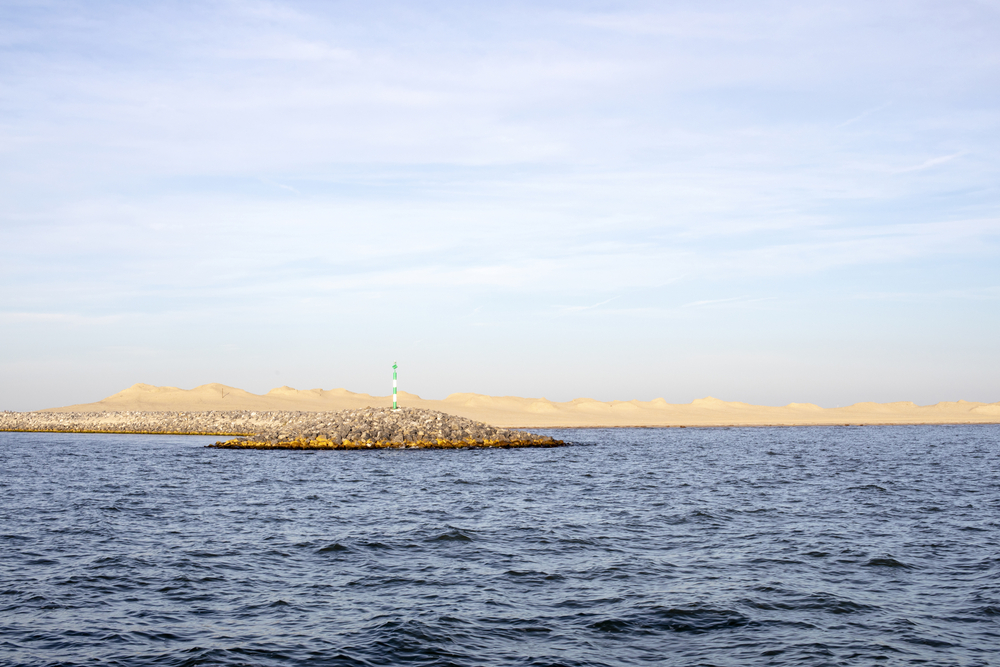According to a newly released report from the UN Intergovernmental Panel on Climate Change (IPCC), the rise of the global sea level will increase over the coming decades and centuries — this is hardly news.
However, the report also highlights that in the Netherlands, 50-90% of sea-level rise will be caused by meltwater from Antarctica. The Antarctic ice sheet is sensitive to warming ocean water and will melt at an accelerated pace if global warming is too high.
If there’s continued high temperatures by 2100, Dutchies will have to deal with 8% more rise in sea levels than the global average, reports NU.nl.
So sea levels could rise faster?
“Faster melt in Antarctica may give an extra 10 centimetres of sea-level rise in the second half of the century, but it could rise very quickly around the turn of the century,” explains the lead author of the part of the report concerned with sea levels, Aimée Slangen from the Royal Netherlands Institute for Sea Research.
Initially, that seems like a small difference but in a situation with highly increasing temperatures, sea levels could have risen by two metres around 2150.
While it’s difficult to wrap something as complex as ice sheet mass loss into neat theories and predictions, one thing is clear: “The future of the Netherlands depends entirely on the contribution of Antarctica,” says Sybren Drijfhout from the KNMI and Utrecht University, who also co-wrote the report.
Is it really that bad?
An initial glance at the report gives a quite positive view of the development of rising sea levels. Since the last report in 2013, the numbers have changed very little. Based on new calculations, the UN expects sea levels to rise 32 to 101 centimetres this century (depending on CO2 emissions). This is only a few centimetres more than previously expected.
However, calculating the expected rise of sea levels is no easy task and Slangen warns that the ice caps of Greenland and Antarctica could be melting much faster.
Besides, the figures in the report are lower bounds. Over the course of a century, there is an uncertainty margin of one to five metres.
A challgenge that dykes can’t solve
While the Dutch have already proven their mastery of the sea, there are limits to what traditional measurements can do.
If the sea level rises by more than one or two metres, dykes and sand nourishments won’t be of much help. Instead, new innovations would have to be found for this lovely land below sea level to survive.
How do you think the Netherlands will deal with rising sea levels? Tell us in the comments below!
Feature Image: ClaraBastian/Depositphotos




And yet the housing market is at one of it’s peak. Considering risk of loosing your home and literally the land, the demand and supply are playing with the price of the houses. Hopefully new home buyers are also buying a good home flooding insurance. 👍